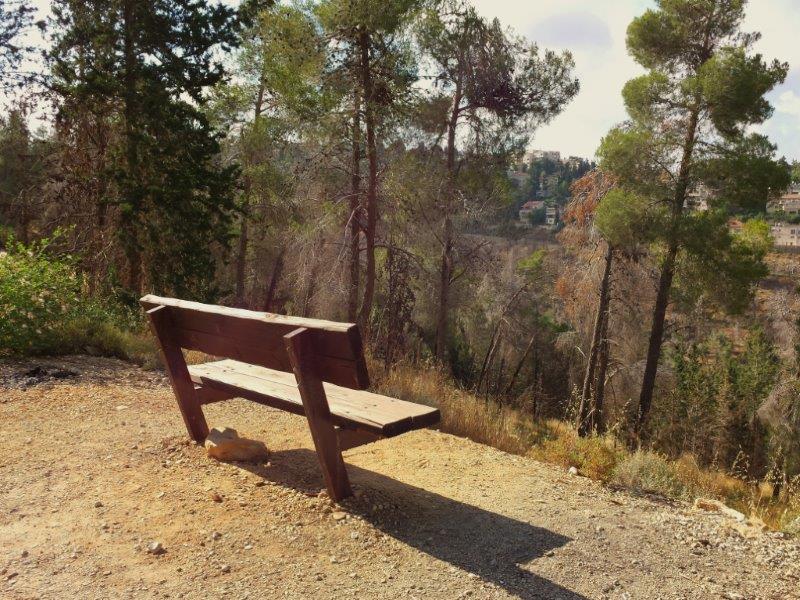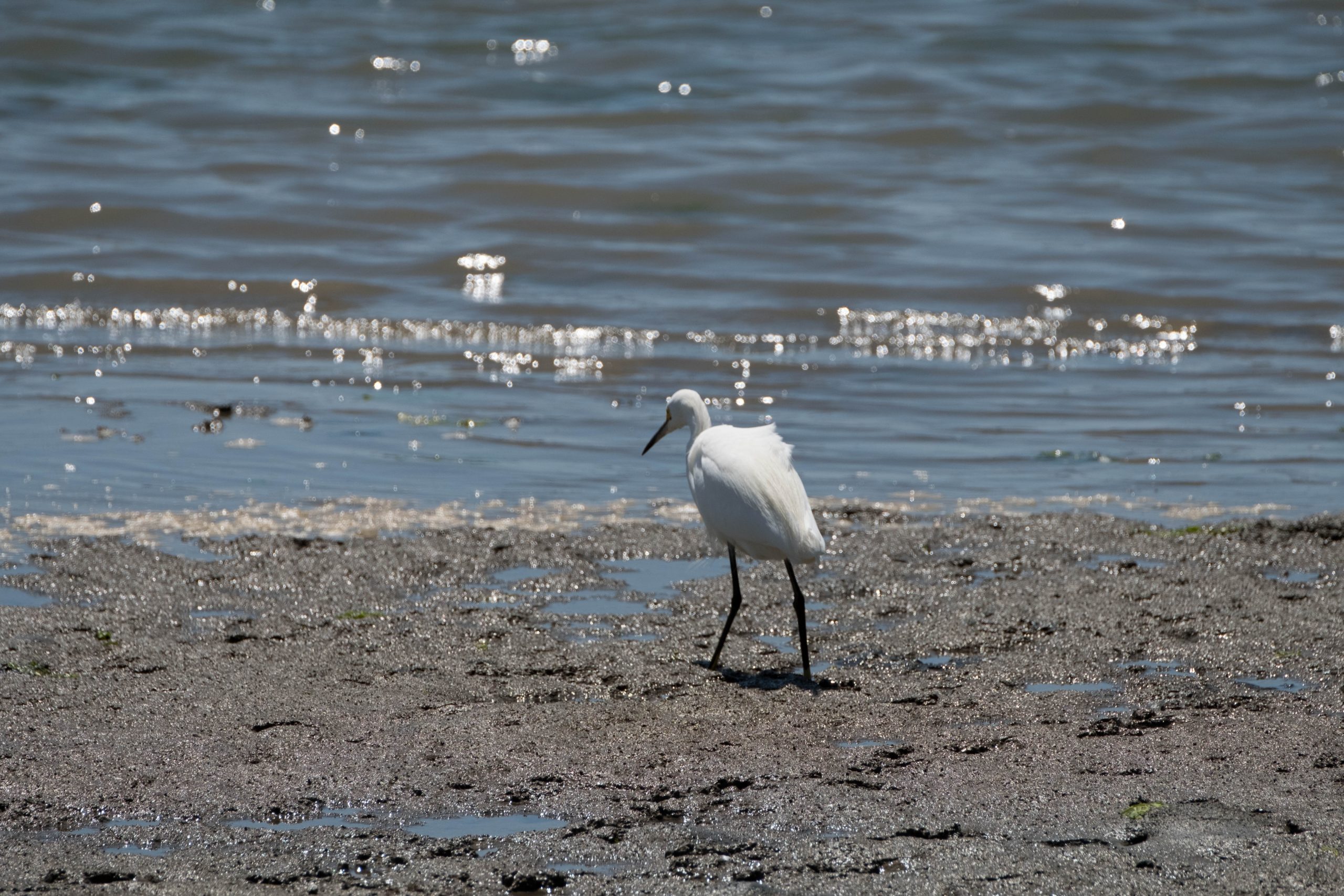
Who is a friend?
I would consider a friend the person, who will lend a listening ear, is emotionally available for me and with whom I enjoy spending my free time. Having been raised in an individualistic environment, self-disclosure is for me an essential part of close relationships, (cf. Chen, 2002). I need people around me with whom I feel intimate and with whom I can share my life experiences, both the pleasant ones and the unpleasant ones. Otherwise, I am rather self-sufficient. I do usually not expect from friends to assist me in concrete ways or do me favors. For instance, if I needed money, I would go to the bank; if I needed to move apartments, I would rent a moving company. In Bedouin life, the friend is the person on whom you can count that he will be there to support you instrumentally, be it financially, or otherwise. For instance, Bashar would become personally involved – possibly interfering in the situation – when someone had done injustice to a friend of his, or he would send cash money with a messenger to a friend in Jordan to help the latter pay for his wedding. For the Palestinian Bedouins instrumental assistance is often critical, since life is a battle for resources and full of dangers.
The friendship with Bashar is in my view an asymmetric one. I consider him a significant other in the sense that he has great importance to my life and well-being. I find it important to share with him things that affect me, hear about his life and assist where I can. Bashar considers me a very good friend; he is concerned about me and involves me in his life more than he does with any other friend. As he puts it, we are opposites: like black and white in the Chinese symbol – taijitu – of yin and yang. We see things differently and complement each other. He is closer to nature and simple life, whereas I am more into the modern world. Bashar rarely initiates talking about his life and hardly feels the need to share events he goes through. Regularly I would find out about essential things in his life, either by incident or through my questions. He does rely on me for a range of instrumental issues, like checking out or buying things through the internet, doing errands in Israel, and reminding him of things to be done. He also assures that he will be there for me in case of need, as he was for our friend Abdalla, in the event described above. On that day, he left in the middle what he was doing, crossed the border and took personal physical risks to come and assist, thus proving his friendship, something I believe relatively few Euro-American men would be willing to do for their friends.







